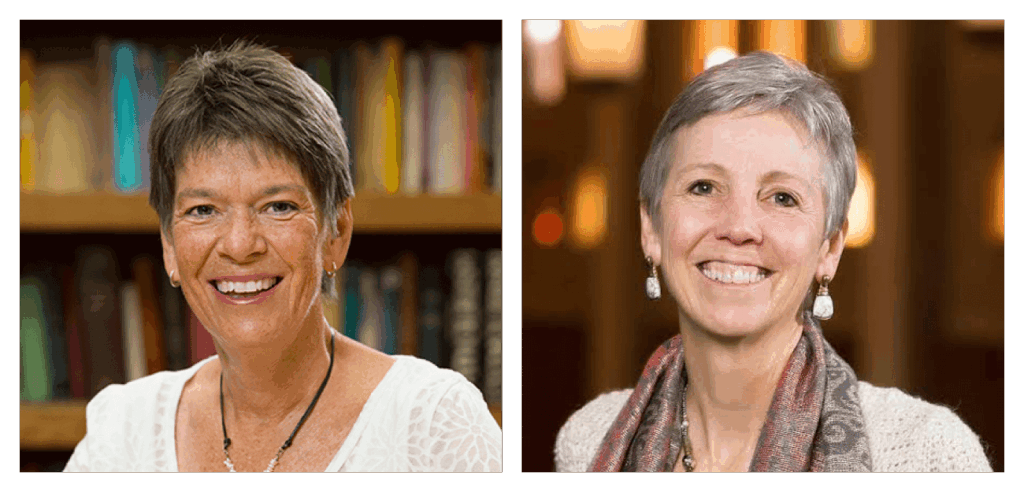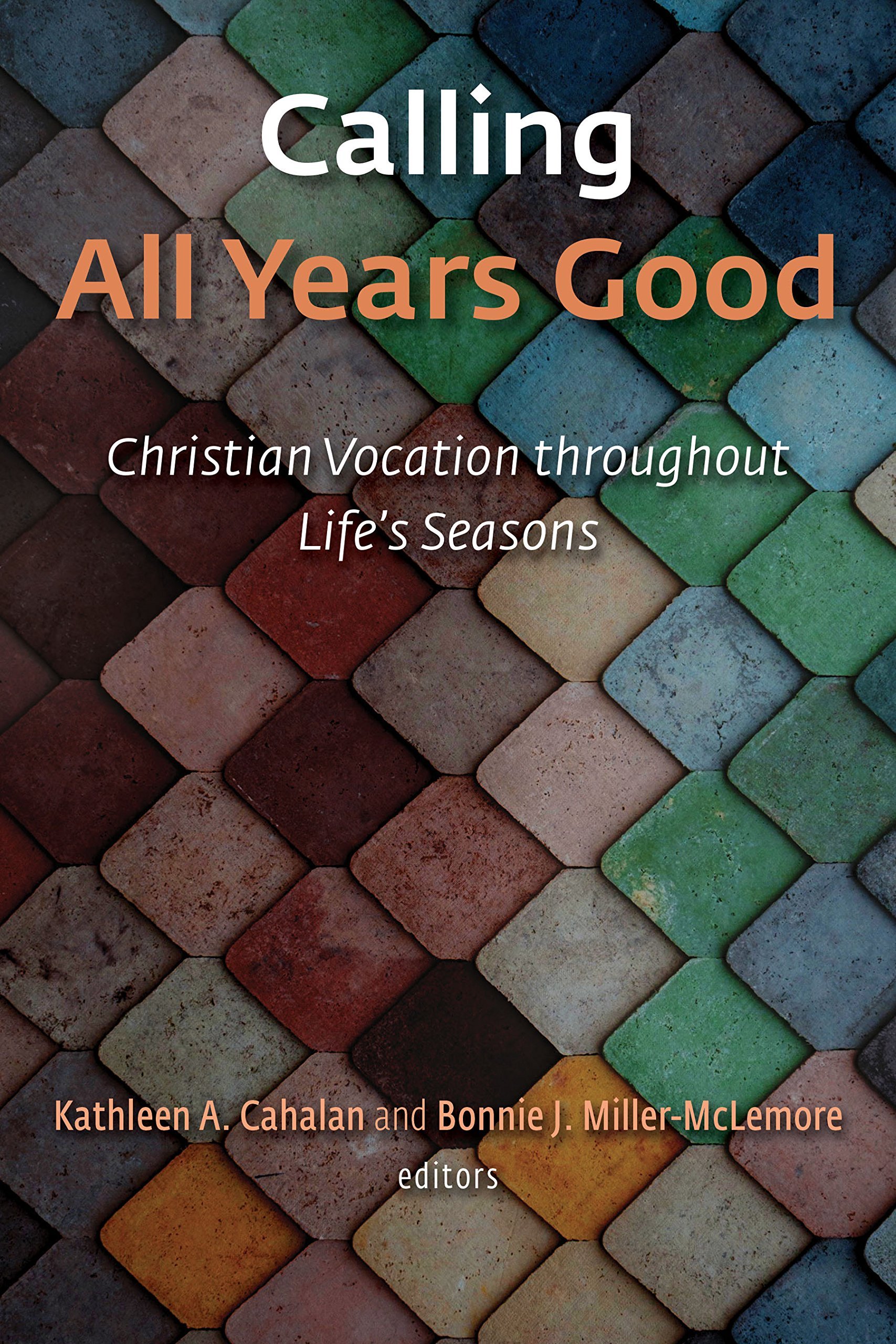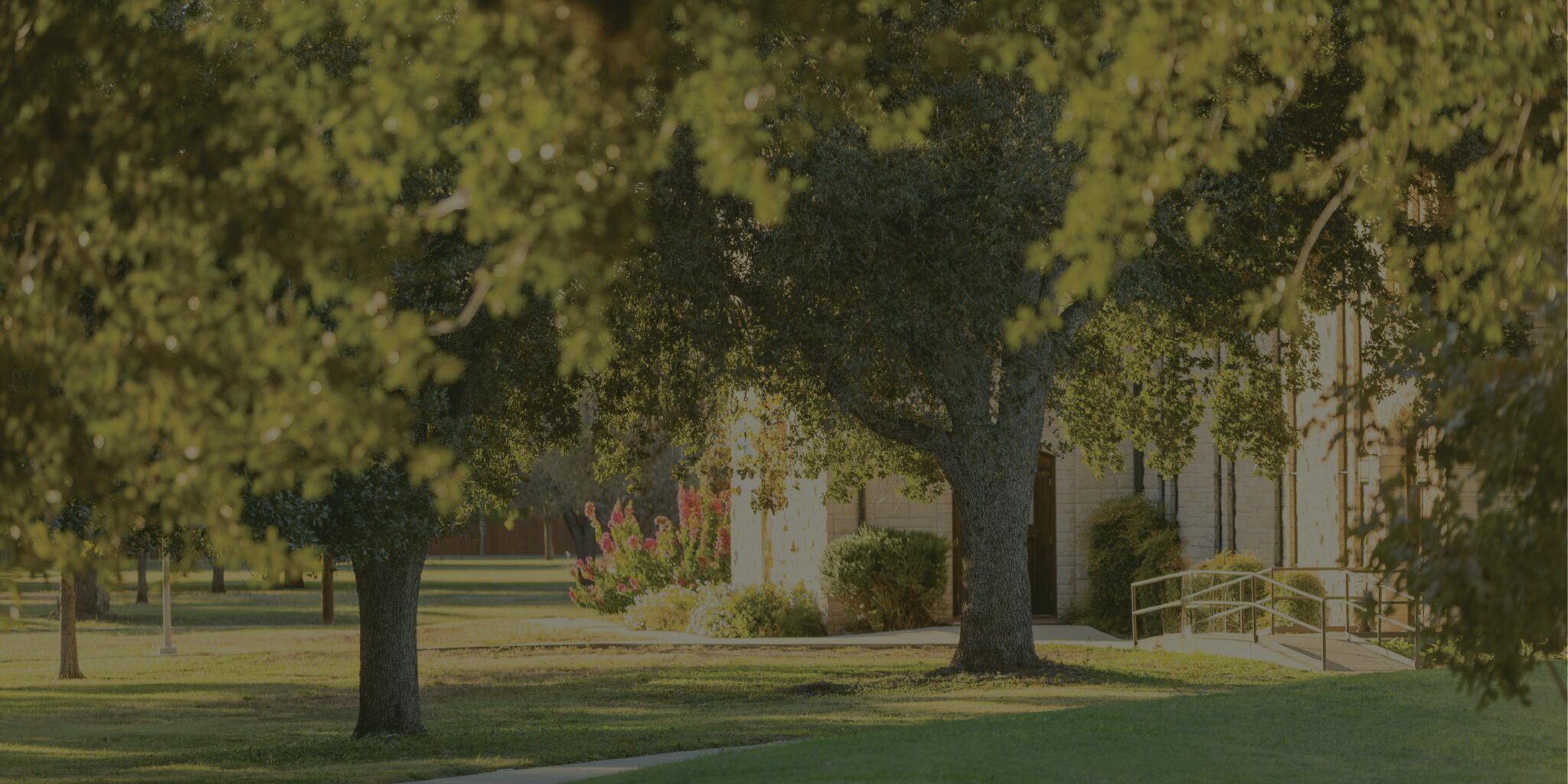Reviewed by John Peterson
Associate Director of the Center for Faith and Learning and Associate Professor of English, Pepperdine University

Kathleen A. Cahalan and Bonnie J. Miller-McLemore’s book, Calling All Years Good: Christian Vocation throughout Life’s Seasons, begins with a series of provocative questions that point to the heart of their project: “Do older persons with dementia have a calling? Or newborns? Can children before they walk and talk have a sense of vocation or teenagers as puberty disrupts their bodies, relationships, and sense of self?” These questions underscore the book’s focus on vocation across the lifespan, including contexts and life stages less frequently considered in vocational scholarship. This expansion of the vocational conversation beyond the undergraduate years and emerging adulthood makes for an important and deeply engaging read, one which might be used to facilitate many conversations on vocation, including those on undergraduate campuses.

The book is the result of the authors’ participation in a multi-year seminar on vocation at the Collegeville Institute at St. John’s Abbey and University in Collegeville, Minnesota. The six authors who wrote chapters for the book—Cahalan, Miller-McLemore, Jane Patterson, Katherine Turpin, Matt Bloom, and Joyce Ann Mercer—are an ecumenical group trained in disciplines that range from New Testament theology to psychology and leadership studies. Each of the book’s major chapters focuses on a particular life stage, beginning with childhood and concluding with older adulthood. Prior to each chapter, Jane Patterson reflects on a scriptural narrative that teases out vocational themes from that life stage. Although the book is written with a faith-based audience in mind, its theological framing is broad-minded and accessible. Non-religious readers will find much to savor in its weaving together of theology and the social sciences.
This intertwining of disciplines is evident in Cahalan’s probing second chapter, “Callings over a Lifetime: In Relationship, through the Body, over Time, and for Community.” Cahalan’s analysis of vocation and the body moves from theological reflections on the body of Christ as a site of communal calling to the physiological dimensions of vocation. As she writes, “vocation is largely dependent on what the body can and cannot do at a given age and the emergent capacity to do a particular activity (e.g., be a floor manager at a grocery store), or face relinquishing some or all of that ability (e.g., using a walker or wheelchair).” This example illustrates that, although the book is titled Calling All Years Good, our vocations do not always lead immediately to gladness and joy. In addition to reflecting on the human body’s potential for diminished capacity, Cahalan also explores the body as a site of “sexism, heterosexism, and ableism,” which impede one’s ability to realize “gifts for work, love, and other pursuits.” This volume offers a holistic view of vocation—one that will prove a welcome addition to college communities whose members deal daily with areas of profound challenge and possibility.

Many of the conversations in these college communities rightly focus on the experience of young adults as they negotiate the transition from adolescence to adulthood. These conversations might be further enriched by intergenerational discussions in which students and faculty members gather together to listen to and explore their respective vocational stories after reading particular chapters from Calling All Years Good. In fleshing out these intergenerational connections, Cahalan builds on Erik Erikson’s descriptions of “cogwheeling” and “dovetailing” when she writes that “persons at different life stages connect with and draw forth capacities of those at another stage.” At my own institution, Calling All Years Good was immensely helpful in serving as one of the assigned readings for a recent mid-career vocational retreat. Mid-career is a broad designation, and the book’s contributors assisted us in identifying common experiential themes, while also enabling us to stretch beyond them and consider the uniqueness of our lifepaths. Whether you read it individually or in a group setting, Calling All Years Good is an excellent resource for all those seeking to explore their vocational journeys from a life-stage perspective.

To report a technical problem with the website, or to offer suggestions for navigation and content issues, please contact Alex Stephenson, NetVUE communications coordinator, at astephenson@cic.edu.



